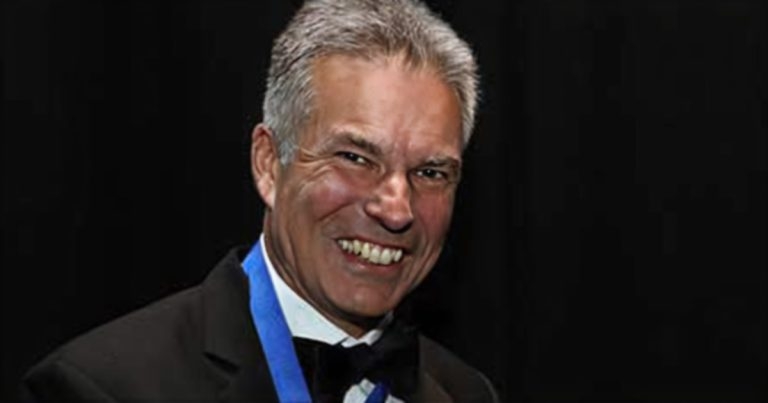8 Sept 2025
“We are in a reasonably good position, but that doesn’t mean we couldn’t be better”, says Bruce Bladon.

BEVA outgoing president Bruce Bladon.
Outgoing BEVA president Bruce Bladon has said there is more to be done to combat antimicrobial resistance (AMR) in the equine vet profession, despite progress made within the sector.
Dr Bladon spoke ahead of the 2025 BEVA Congress – due to go ahead from 10 to 13 September at the ICC in Birmingham – where the theme will be, “Use it wisely or lose it forever”.
He said that while the equine sector stands in good stead compared with other branches of the profession, equine vets should not rest on their laurels when it comes to responsible antimicrobial use.
He said: “We are in a reasonably good position, but that doesn’t mean we couldn’t be better.”
Dr Bladon pointed to the MonitorME project, which has encouraged practices to submit their antibiotic usage data since it launched earlier this year.
With around 39 practices submitting data on approximately 200,000 horses thus far – out of an estimated UK population of 760,000 – Dr Bladon said BEVA can make “moderately accurate” assessments that the equine sector is using relatively less antibiotics than small animal practice, adding: “Depending on the metric you use to calculate it, probably using less than farm animal practice.”
Reflecting on his time as president before he hands over the reins to Imogen Burrows, Dr Bladon highlighted the antibiotic monitoring programme, adding: “That’s one thing I wanted to achieve, and I think we’ve made real progress there.”
However, he said that does not mean that antimicrobial resistance is not a problem in the profession.
He noted that due to horses’ size, they require much larger doses than small animals and that every practice will have dealt with multi-resistant infections when treating conditions such as septic arthritis.
Between their size and “significant commercial aspect” akin to farm animal practice, and the “emotional value that is more typical of small animal practice”, Dr Bladon said horses “almost have the issues of both sectors combined”.
Discussing other major issues facing the equine profession, he said the social licence of equestrian sports is “critical” and will be another key theme at congress.
Dr Bladon said there has been a resurgence of independent practice in the ambulatory sector, in part thanks to the development of affordable digital and portable technology, which “has been very positive for both the veterinary surgeons and horse owners”.
Dr Bladon also noted increasing corporatisation – particularly in equine hospitals – where they have the “financial muscle” to make substantial investment.
He added: “[Some] clients certainly have concerns, much as they do in the small animal sector, that this is resulting in substantial price rises and debatably they’re right, but that is obviously what [the Competition and Markets Authority] are looking into.”
Dr Bladon also reflected on the future of BEVA Congress and said the association did a significant amount of questioning after BSAVA Congress was retired earlier this year.
However, he said attendance “is as strong as ever” and it is “very much on target” to cover its costs once again this year.
Dr Bladon added: “We do this for the good of the veterinary profession, and we’re very happy that the conference is in a very good stage, and its future looks secure.”